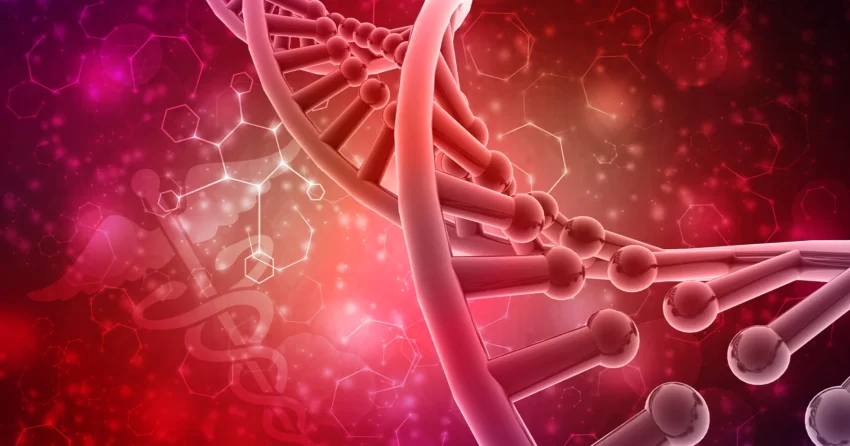Sexual Performance and Sexual Timing

Sexual performance and timing are subjects that lay up significant interest, not only from a personal satisfaction perspective but also for their suggestion on overall health and relationships. Understanding the science behind these aspects can lead to better sexual health and well-being. This article dives into the physiological, psychological, and lifestyle factors that influence sexual performance and timing.
Physiological Factors
Hormones
Hormones play a crucial role in sexual performance. Testosterone, often termed the “sex hormone,” is crucial for libido in both men and women. In men, it is responsible for the development of secondary sexual characteristics, sperm production, and libido. Women, although having lower levels of testosterone, still rely on it for sexual desire and arousal. Estrogen and progesterone also play significant roles, particularly in women, influencing the menstrual cycle and libido.
Blood Flow and Vascular Health
Erection in men and clitoral engorgement in women depend heavily on adequate blood flow. Nitric oxide, a molecule produced in the body, helps relax blood vessels, facilitating increased blood flow to the genital areas. Conditions such as atherosclerosis or high blood pressure can impair vascular health, leading to erectile dysfunction (ED) in men and arousal disorders in women.
Neurological Function
The brain is the control center for sexual arousal and performance. Sexual stimuli are processed in various brain regions, including the limbic system, which governs emotions, and the hypothalamus, which regulates hormonal responses. Neurotransmitters such as dopamine, serotonin, and oxytocin play crucial roles in sexual desire, arousal, and satisfaction.
Psychological Factors
Stress and Anxiety
Stress and anxiety are significant inhibitors of sexual performance. The body’s stress response triggers the release of cortisol, which can interfere with sexual arousal and desire. Anxiety about sexual performance itself, known as performance anxiety, can lead to a vicious cycle of ongoing sexual dysfunction.
Mental Health
Mental health conditions such as depression can also negatively impact sexual performance and timing. Depression can reduce libido and cause difficulties in achieving or maintaining an erection or arousal. Antidepressant medications, particularly selective serotonin reuptake inhibitors (SSRIs), can further complicate sexual functioning.
Lifestyle Factors
Diet and Exercise
A healthy diet and regular exercise are beneficial for sexual health. Diets rich in fruits, vegetables, whole grains, and lean proteins support vascular health, hormone production, and overall well-being. Exercise, particularly aerobic exercise, improves cardiovascular health, which is essential for good sexual performance. Strength training can also boost testosterone levels, enhancing libido and performance.
Sleep
Adequate sleep is essential for maintaining hormonal balance and reducing stress levels. Sleep disorders, such as sleep apnea, have been linked to reduced testosterone levels and erectile dysfunction. Prioritizing good sleep hygiene can therefore improve sexual performance and timing.
The Science of Sexual Timing
Biological Rhythms
Sexual desire and performance can be influenced by biological rhythms, such as circadian rhythms, which govern our sleep-wake cycles. Testosterone levels, for instance, tend to be highest in the morning, which may explain why some individuals feel more sexually aroused at this time.
Fertility Cycles
In women, the menstrual cycle plays a significant role in sexual timing. Many women experience a peak in sexual desire around ovulation, when fertility is at its highest. This natural timing can be an evolutionary trait to increase the likelihood of conception.
Age and Sexual Performance
Aging and Hormonal Changes
As individuals age, hormonal levels naturally decline. In men, testosterone levels gradually decrease, which can affect libido and erectile function. Women experience a more abrupt decline in estrogen and progesterone during menopause, which can lead to changes in vaginal lubrication and sexual desire.
Managing Age-Related Changes
While aging brings about natural changes in sexual performance, these can often be managed with lifestyle modifications, medical treatments, and open communication with partners. Hormone replacement therapy (HRT) is one option for women experiencing menopausal symptoms, and medications like phosphodiesterase type 5 inhibitors (e.g., Viagra) can help men with erectile dysfunction.
The Role of Communication and Relationship Quality
Effective communication with one’s partner is crucial for sexual satisfaction and performance. Discussing preferences, desires, and concerns can reduce anxiety and increase intimacy. Relationship quality, including emotional connection and trust, plays a significant role in sexual satisfaction.
Understanding the science behind sexual performance and timing can empower individuals to make informed decisions about their sexual health. By recognizing the physiological, psychological, and lifestyle factors involved, and by maintaining open communication with partners, individuals can enhance their sexual well-being and overall quality of life.
